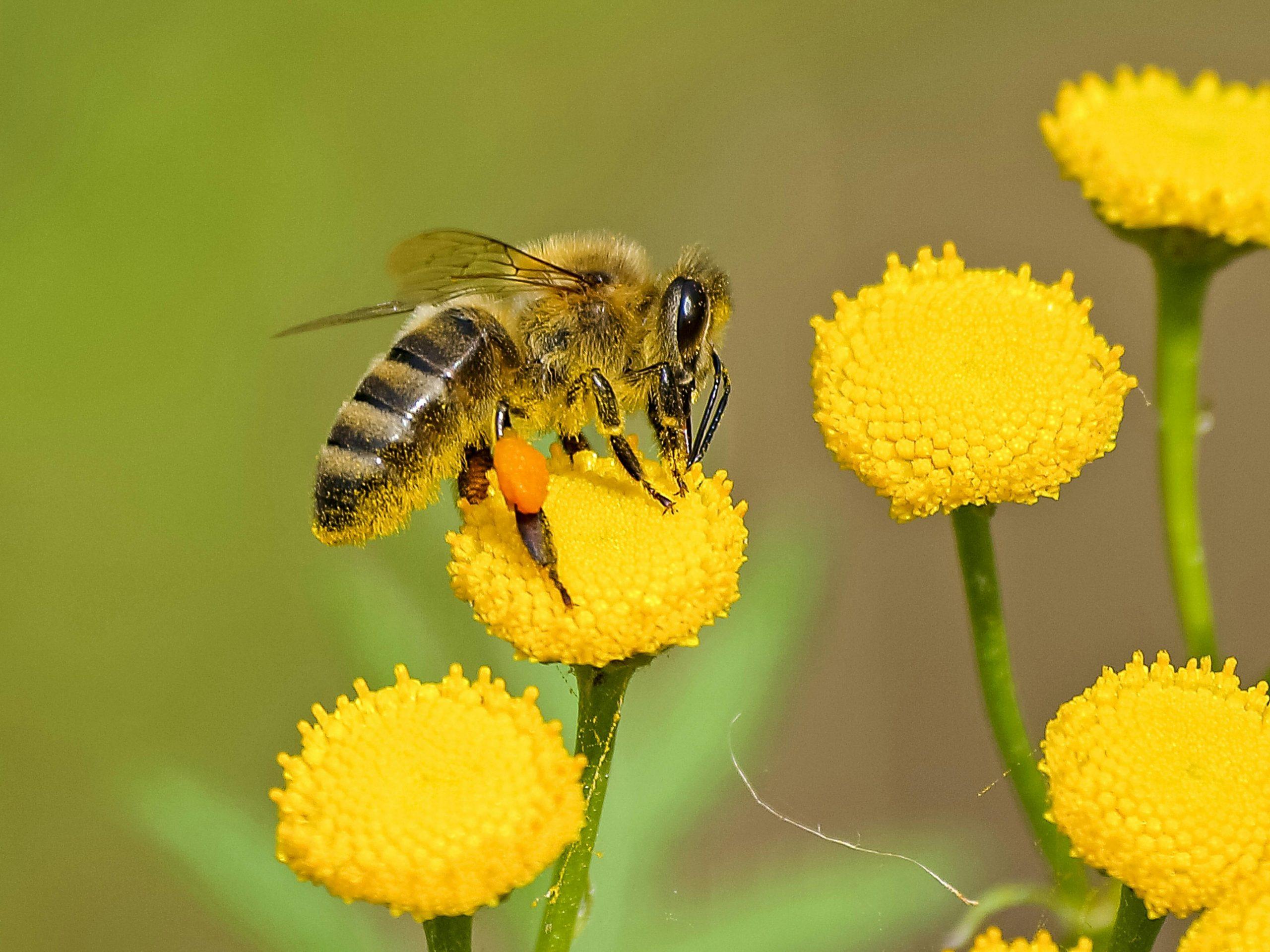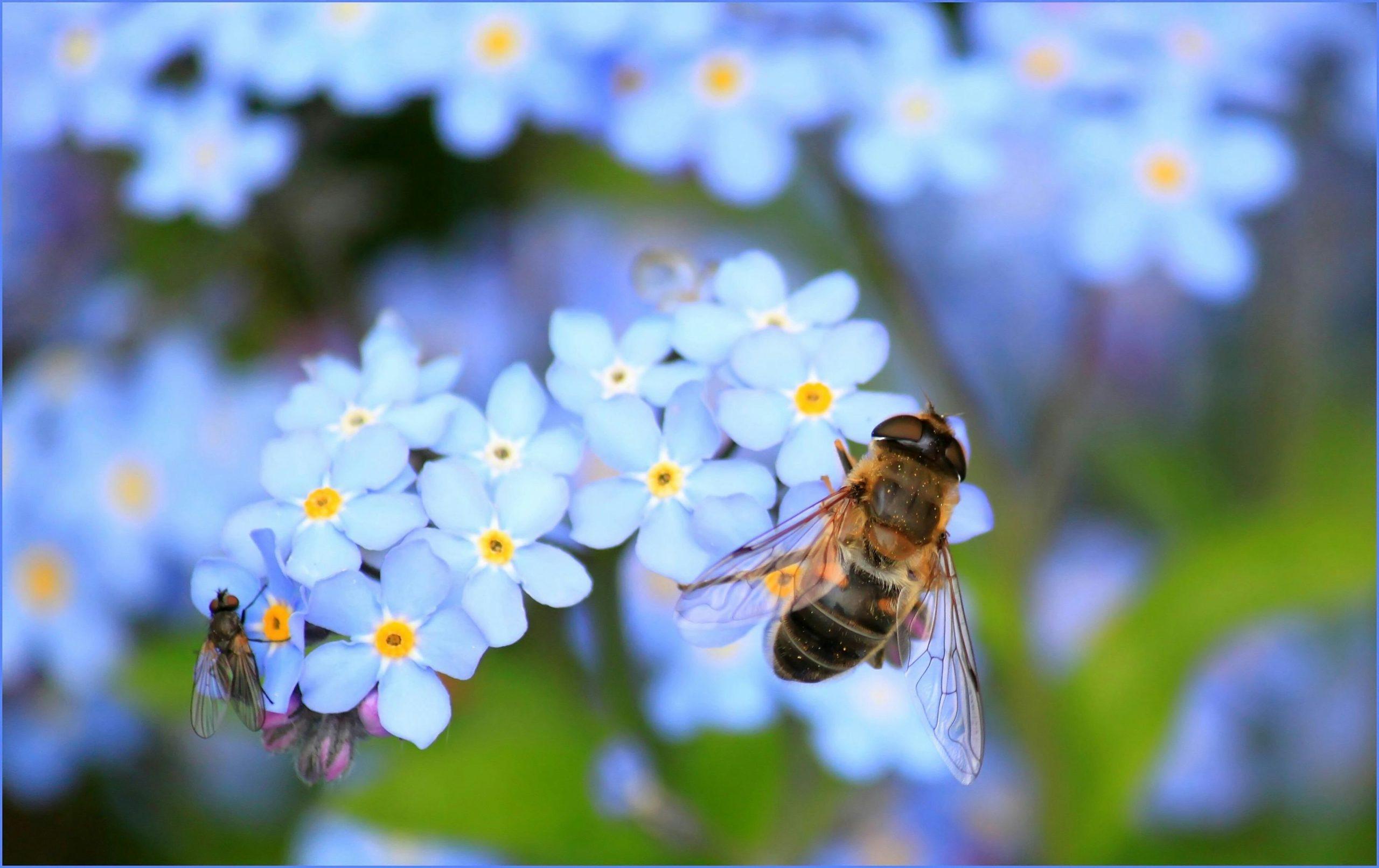Save the Bees, Save the Farmers, Save Our Lives: The SafeAgroBee Open Conference
"Sustainability of Beekeeping in the Mediterranean Basin"
Date: 6th July 2024
Location: Amphitheater of Agricultural University of Athens, Iera Odos 75, Athens, Greece
Keynote Speaker:
Dr. Polyxeni Nicolopoulou Stamati, M.D., Ph.D.
Professor of Environmental Pathology, Medical School, National and Kapodistrian University of Athens
Mariolopoulos Kanaginis Foundation of Environmental Sciences
There Is A Harmonious Relationship Between Honeybees and Humans.
Every third bite of our food is dependent on worker bee pollination to bring it to the table.
Bees are part of the biodiversity on which we all depend for our survival.
That is why we focus so intently:
* On supporting beekeepers and their hardworking hives.
* On sustainable practices and environmental protection.
*And on allowing for our sweet life to continue, for beekind and humankind.
European Citizens realized the threat to the bees the farmers our lives and responded with an action of major concern.
European Citizens' Initiative: "Save Bees and Farmers!"
It reflects public concerns about the environmental and socio-economic sustainability of European agriculture and calls on the Commission to:
- Phase out synthetic pesticides by 2035;
- Restore biodiversity in agriculture; and
- Support farmers in the transition to sustainable farming.
The European Citizens' Initiative (ECI) was launched in April 2012 as a means for citizens to set the agenda in a wide range of policy areas.
An ECI allows 1 million citizens from at least seven EU Member States to invite the European Commission to propose legal action in areas where the Commission has the power to do so.
The ECI is one of the key innovative tools to promote participatory democracy on EU level
Science is undeniable
The climate and biodiversity crises are direct threats to our Food Security but also to Human Health.
Farmers are the first to experience the impact of massive droughts or a lack of pollinators but also the effects of pesticide toxicity to their Health and the health of the bees
Reducing the use of chemical pesticides is essential to help nature recover and to allow bees, butterflies and other pollinators continue their indispensable work in Europe’s fields and orchards but also to protect human beings
Better alternatives exist and the European Commission will support farmers to adopt more sustainable practices and will also work to increase the availability of alternatives to chemical pesticides as quickly as possible.
The “Save bees and farmers” initiative came very timely to feed the debate on Commission proposals.
This shows that European citizens’ initiatives can impact the EU agenda
- We will make every effort and in particular working closely with our farmers to reach that goal. - Over one million people under the Citizens’ Initiative made clear that we are on the right track and that we need to keep up the high level of ambition.
- We will keep working for all of them and all Europeans to ensure a healthy nature and pollinators that supply us with nutritious food.

Save our lives..
Well recognized is the bond existing of bees with our lives our health our wellbeing.
Bees are part of the biodiversity on which we all depend for our survival.
* Climate change and biodiversity loss are some of the biggest threats we face in the next decades, including for food security.
This citizens’ initiative proves that we are on the right track, setting a high bar for the health of our planet and our citizens.
Commission's Response and Actions
Since the ECI's inception in 2019, the European Commission has undertaken ambitious actions under the European Green Deal to address pollinator decline and ensure food system sustainability. Key initiatives include:
- Revised EU Pollinator Initiative.
- Proposal for a ‘Sustainable Use of Pesticides’ Regulation.
- EU Common Agricultural Policy 2023-2027.
- EU Farm to Fork Strategy & the Biodiversity Strategy.
- Proposal for a Nature Restoration Law.
The goal is to reduce chemical pesticide use in EU agriculture by 50% by 2030, support farmers during the transition, and promote organic farming and agro-ecology.
Protecting Bees for Future Generations
Stella Kyriakides, Commissioner for Health and Food Safety, asserts the importance of protecting bees and other pollinators for our future. The EU is on the right track, setting high standards for planetary and citizen health.
The Need for a New Agricultural Concept
The industrialization of agriculture has led to increased chemical burdens on ecosystems. Pesticides, while protecting plants and humans, pose significant environmental health risks. A sustainable and ecological approach to agriculture is urgently needed, incorporating concepts like climate-smart agriculture and reducing reliance on chemical pesticides.
Key Messages
- Bees are essential to biodiversity and our survival.
- European agriculture heavily relies on chemical pesticides, with significant environmental and health impacts.
- Pesticide pollution contributes to biodiversity loss, threatening insect populations crucial for food production.
- Achieving pesticide reduction targets requires shifting to sustainable agricultural models like agroecology.
Conclusion
The SafeAgroBee Open Conference highlights the critical role of bees in our ecosystem and the urgent need for sustainable agricultural practices. By supporting initiatives like "Save bees and farmers!" and adopting new agricultural concepts, we can ensure a healthier planet for future generations.
References
- World Health Organization. Public Health Impact of Pesticides Used in Agriculture. England: World Health Organization; 1990.
- Alewu B, Nosiri C. Pesticides and human health. In: Stoytcheva M, editor. Pesticides in the Modern World – Effects of Pesticides Exposure. InTech; 2011.
- NSW EPA. What Are Pesticides and How Do They Work? 2013.
- Hoffman RS, Capel PD, Larson SJ. Comparison of pesticides in eight U.S. urban streams. Environ Toxicol Chem. 2000.
- Canadian Cancer Society. Cosmetic Pesticides. Information Brief. 2013.
- Nicolopoulou-Stamati P, Maipas S, Kotampasi C, Stamatis P, Hens L. Chemical Pesticides and Human Health: The Urgent Need for a New Concept in Agriculture. Front Public Health. 2016; 4: 148. Published online 2016 Jul 18. doi: 10.3389/fpubh.2016.00148



